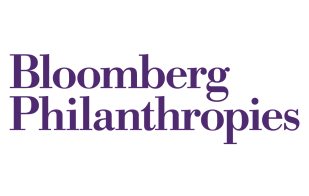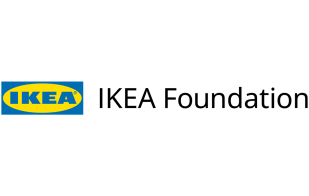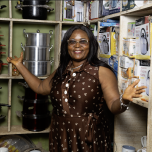Country work - Nigeria
Since 2020, SEforALL has built a close strategic partnership with the government of Nigeria, one of the most significant and rapidly growing economies in Africa.
Our work has helped the government to develop and launch a detailed plan to achieve universal energy access and chart a path to new zero greenhouse gas emissions, and we helped establish a dedicated unit within the government to support the plan’s activation.
Our partnership with Nigeria has also supported health facility electrification in the wake of the COVID-19 pandemic, geospatial energy access planning, and helping accelerate the deployment of off-grid solar technologies that can displace polluting diesel generators.
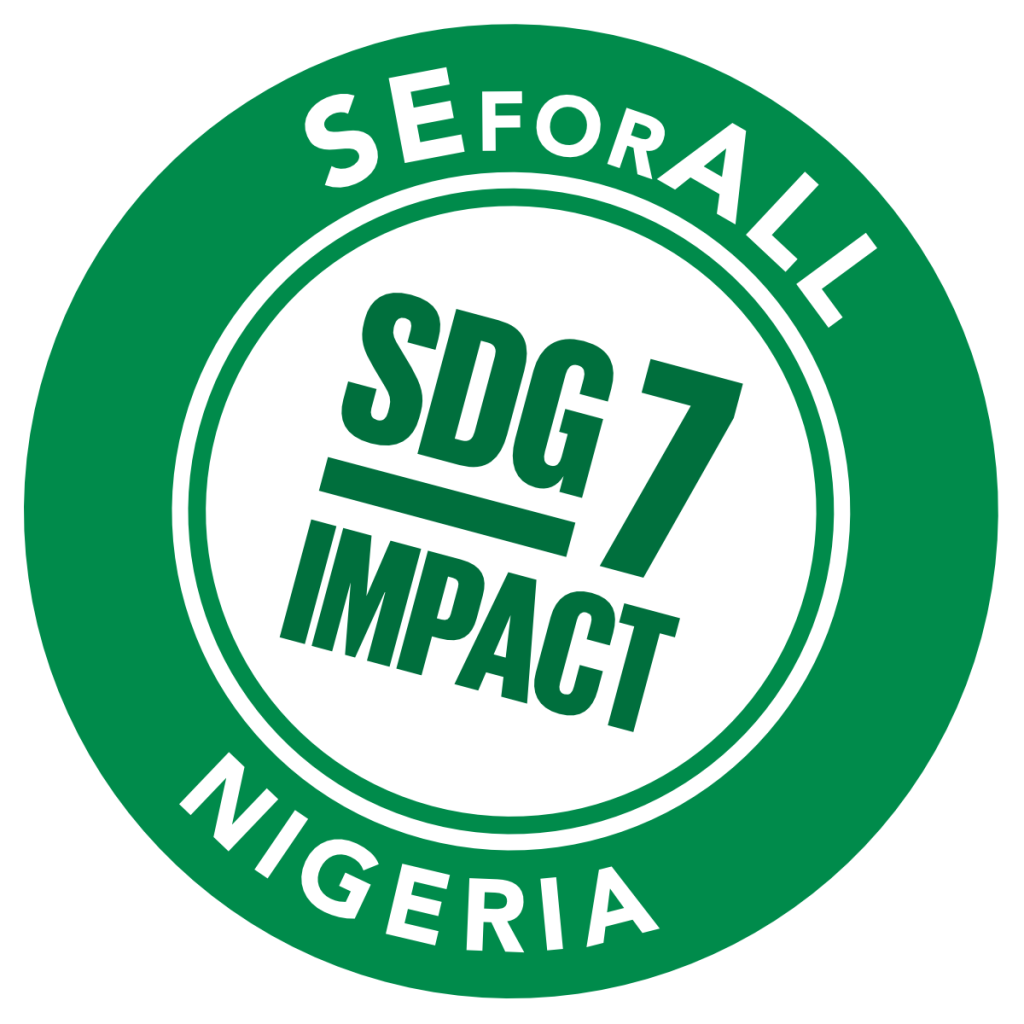
Impact in numbers
6.09 bn $
Financial commitments secured towards the implementation of the Nigeria Energy Transition Plan
733
Stand-alone solar for productive use systems deployed to business with grants from the Universal Energy Facility
215
Women in Central Abuja engaged by our team to learn about the health and environmental impacts of traditional cooking and cleaner cooking options
9,998+
Policy practitioners, researchers and stakeholders engaged to popularize the Energy Transition Plan
Key initiatives

This plan sets out a timeline and framework for achieving universal energy access and net-zero emissions by 2060 by focusing on five key sectors: power, cooking, oil and gas, transport and industry.

The Universal Energy Facility – managed by SEforALL – provides grants to stand-alone solar energy projects that power economic clusters and displace polluting diesel generators in Nigeria.
Sustainable transport options are a key focus of Nigeria’s Energy Transition Plan, and our Energy Transition Office is advising the government on a programme to deploy 10,000 electric buses across the country. To advance the transition to more sustainable mass transport systems, SEforALL has also developed a detailed report highlighting the mass transport landscape in Nigeria along with opportunities for electric bus deployment.
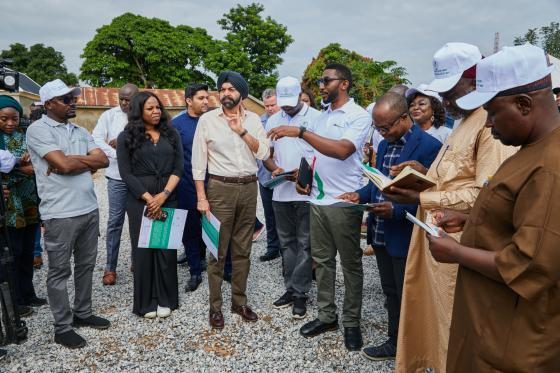
SEforALL is a development partner of the World Bank’s USD 750 million DARES project, which aims to provide over 17.5 million Nigerians with new or improved access to electricity through distributed renewable energy solutions. SEforALL played a critical role in supporting the design of the DARES programme using data provided by the Nigeria Integrated Energy Planning tool. We are also directly supporting the implementation and management of the programme through its Project Management Unit.
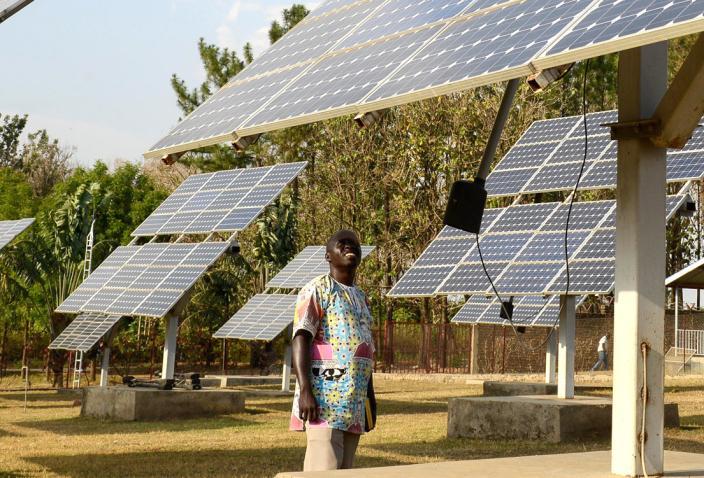
SEforALL developed Nigeria’s Integrated Energy Access Plan, which energy planners and project developers are using to identify least-cost, best-fit renewable energy solutions for different communities across the country. The data and analysis are informing Lagos State’s replacement of fossil-fuel generators.
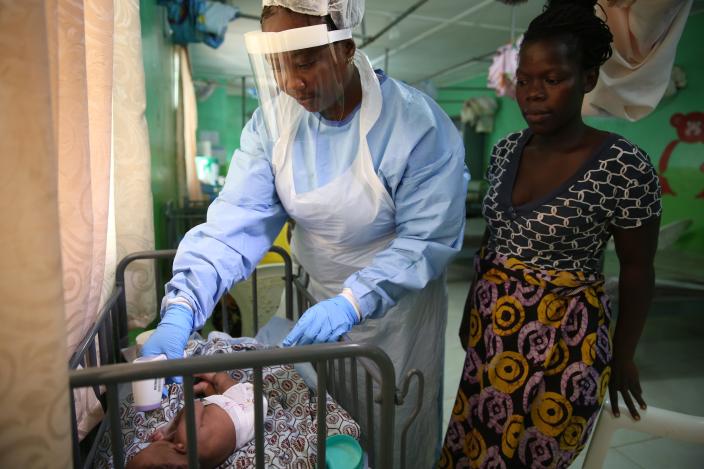
The Powering Healthcare Nigeria Market Assessment and Roadmap provides analysis and practical recommendations for planning and coordination of electrifying Nigeria’s underserved health facilities.
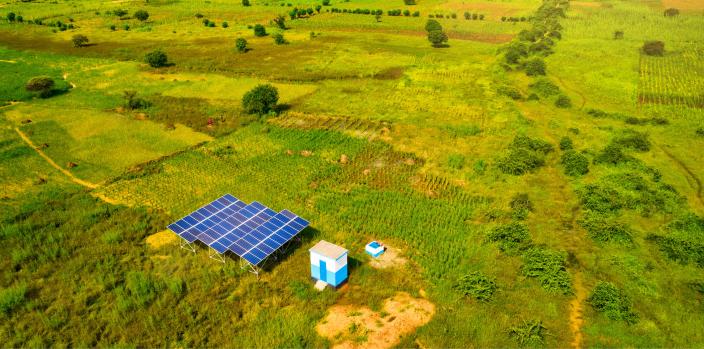
As part of the Africa Carbon Market Initiative (ACMI), we secured government commitment to establish a Nigeria Carbon Market Activation Plan, and we are engaged in the development of the plan, working with a newly formed interministerial committee towards launching Nigeria’s carbon market framework at UNGA in September 2024.
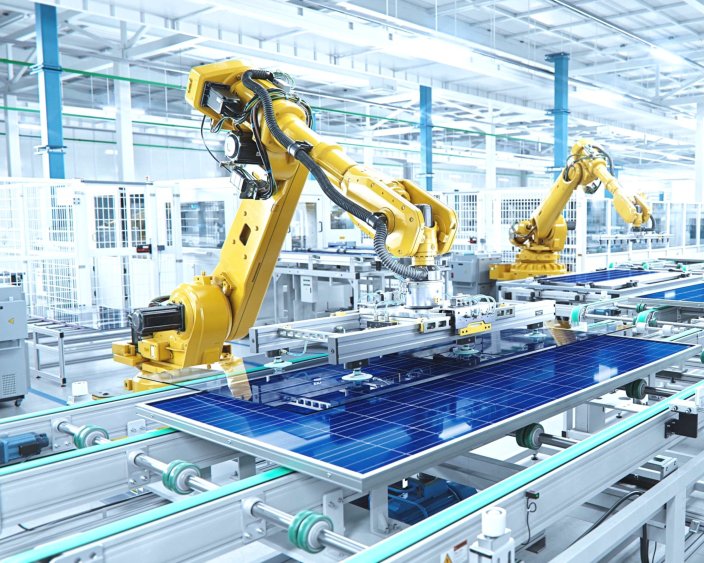
This initiative is engaging partners from across sectors to improve policies, build capacity and grow investment for establishing Nigeria as a renewable energy manufacturing hub – creating jobs and economic opportunities.
Why is our work with Nigeria important?
Scale. Nigeria is Africa’s most populous country and has the continent’s largest economy by GDP. But it is also home to some of the world’s largest energy access deficits, with approximately 92 million people lacking access to electricity and 175 million without clean cooking.
While the national grid provides power to 90 million people, its operational capacity is 6 GW, which limits the development of industry and infrastructure.
Meanwhile, due to insufficient generation and grid constraints, the majority of households, businesses and industries in the nation generate their own electricity with diesel/petrol generators. This reliance on fossil fuels is a major barrier for the country to reach net-zero emissions, fight climate change and achieve energy security.

